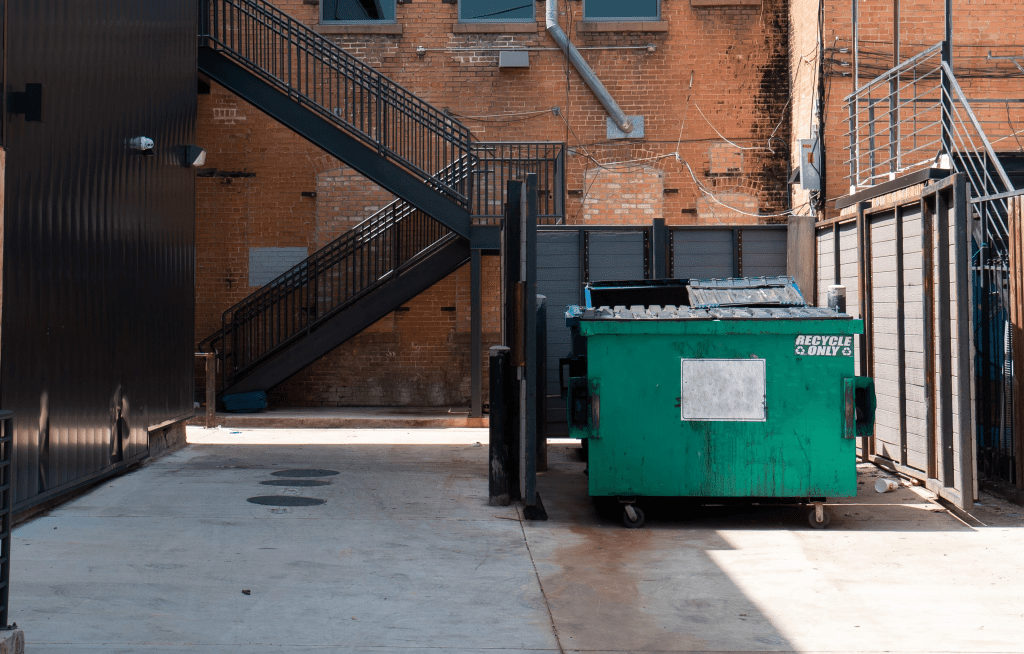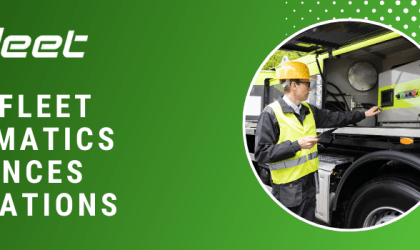Smart Waste Management: Implementing Smart Sensors For Cost Savings
Businesses working with fleets incur many challenges and aim to improve their performance in aspects like maintenance, safety, and efficiency. Though, like any business, they work with a budget, and should look into telematics to help reduce their costs. When cost saving strategies are discussed, Smart Sensors must be mentioned.
Cost Saving & A Rise In Efficiency, A Result Of Smart Sensors
Smart Sensors reduce costs by making fleet processes efficient. They digitally record data on physical environments and analyze the information prior to transmitting it to a software database. They are designed to provide waste management fleets with fill levels in bins with utmost measurement accuracy.
How Do Smart Bins Work
Fleets, specifically in the waste management industry will now be able to monitor all sorts of waste types including mixed waste, paper, plastics, glass, clothing, bio waste, liquids, electronics, metal, and more in bins and containers of any size and type.
Their features continue with being robust, water and shock resistant sensors, as well as are functional within a wide temperature range while being able to measure from 3 cm up to 400cm.
Furthermore, they can provide a fast data transfer by connecting to several Internet of Things (IoT) networks or General Packet Radio Services (GPRS).
How It’s Beneficial On A Daily Basis
These sensors can be positioned to report 24 times a day, or even every minute so dispatch teams can monitor in real time. When bins are filled over their pre-set fill capacity, vehicles can be dispatched immediately.
For example, the sensors can be set so when a garbage bin is between 80 – 100% full, the bin will be added to the next route for being emptied. This can save time and resources on a daily basis.
What Is Smart Waste Management
Smart Sensors are designed to be leveraged in several processes, but it’s most popular amongst the waste management industry. This is because of its ability to improve dispatching and vehicle utilization during routes, which allows fleets to make data-oriented decisions to improve operational efficiency.
The Smart Sensor technology depends on internal sensors monitoring, a key environmental factor, and the integrated element of the Internet of Things (IoT) to remain connected. Such technology will allow management to reduce inefficiency and save on resources.
How Implementing Smart Sensors Leads To Cost Savings
With the use of smart sensors, bin fill levels can now be monitored so fleets can keep an eye out on when bins need to actually be emptied. This will prevent unnecessary trips where trucks locate bins and empty them when they are barely filled. As a result, fleets will only prioritize and use resources when necessary.
Early And Long Term ROI
When fleets will begin to use their resources properly, they will see higher productivity and better use of vehicles, resulting in lower costs, as well as better efficiency. Since this will affect fleet management on a daily level, a return on investment will be seen almost immediately depending on fleet size.
Improved Customer Satisfaction While Being Competitive
A return on investment would also be evident in fleets that work with private businesses that require them to dispose of their waste. Fleets will only dispatch vehicles to private businesses when bins are near full, resulting in the customer being billed only when necessary. This process will give fleets happier clients all while remaining competitive.
Smart Sensors are yet to be introduced to several fleets, and resellers should consider taking advantage of the ways to help vehicle-based businesses to improve their cost saving strategies. When addressing waste management fleets, smarter dispatching based on bin fill monitoring should be discussed. For more information on implementing Smart Sensor technology, and how bin fill monitoring can be utilized to save on resources, contact us today.



